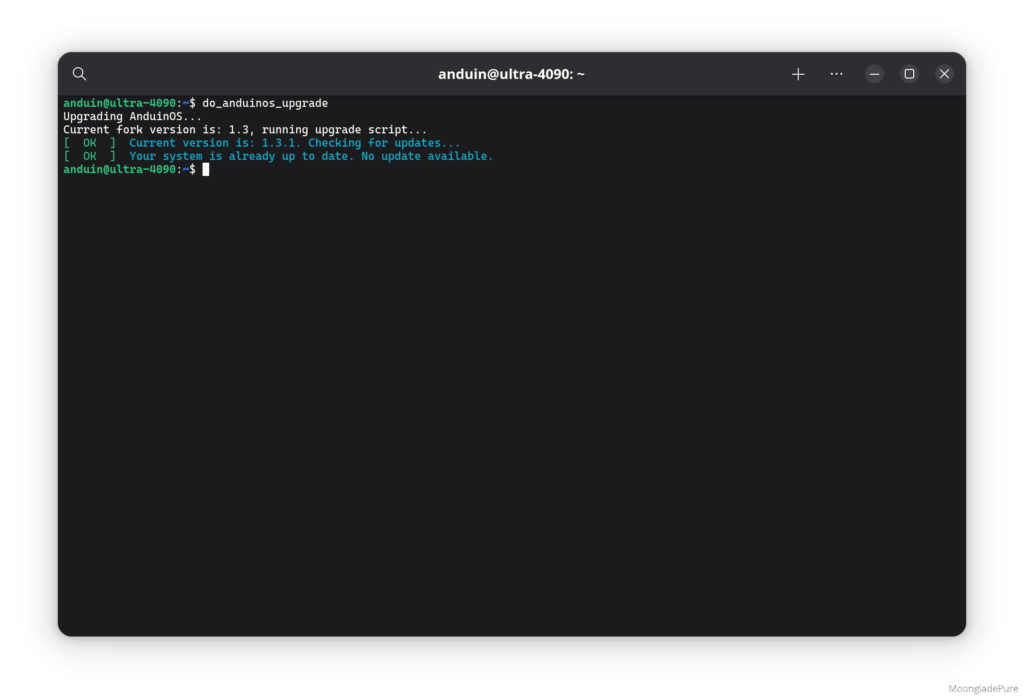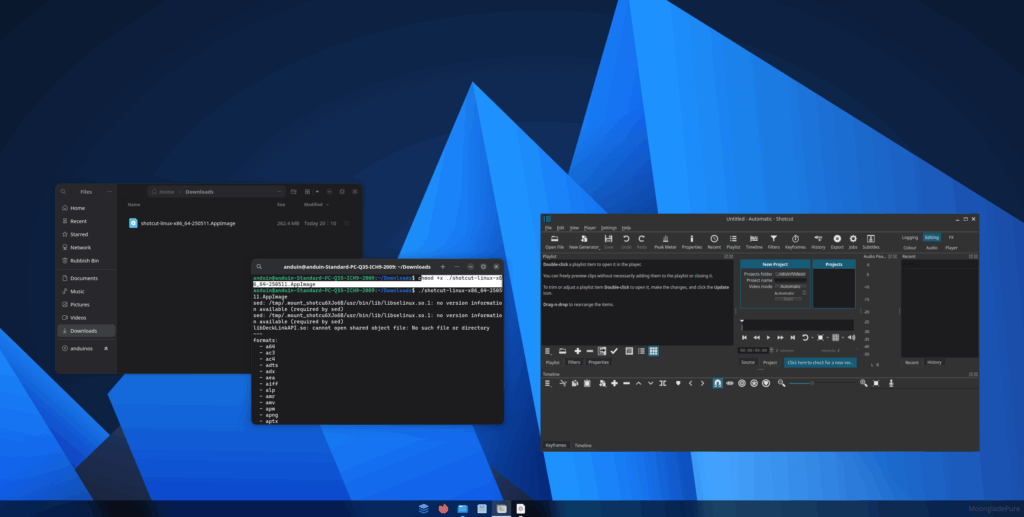AnduinOS, the lightweight and developer-friendly Linux distribution based on Ubuntu, has rolled out new incremental builds for versions 1.1, 1.2, and 1.3. These updates — numbered 1.1.6, 1.2.6, and 1.3.3 — bring practical improvements aimed at enhancing accessibility, expanding script support, and reducing friction in everyday system administration tasks.
The release confirms AnduinOS’s commitment to usability and open collaboration while continuing to serve users who value a clean interface, functional design, and manual control over system components.
🔧 What’s New in Builds 1.1.6, 1.2.6, and 1.3.3?
Although the builds target different minor version branches, the core changes are consistent across all three:
- Improved Accessibility Support:
A critical fix has been applied to resolve an issue where screen readers were unable to correctly parse and vocalize text elements. This change ensures greater usability for visually impaired users and aligns AnduinOS with inclusive design principles. - Lua Script Support in Rime Input Method:
The builds introducelibrime-plugin-lua, enabling support for Lua scripting withinibus-rime. While primarily relevant for Chinese users (zh_CNlocale), it represents a broader step toward extensibility and customization in text input systems. - PolicyKit Privileges for Simpler Actions:
policykit-desktop-privilegesis now included in the default application set. This update allows users to perform common administrative tasks — such as mounting devices or applying updates — without repeated password prompts, streamlining basic workflows.
🔁 How to Upgrade: A Script-Based Process (For Now)
As of July 2025, AnduinOS does not yet have its own dedicated software repository, and all packages are still pulled directly from Ubuntu’s upstream sources. Because of this, version upgrades are currently handled through a custom Bash script.
Users on an existing dot-release (e.g., 1.1.0, 1.2.0, or 1.3.0) can upgrade within their version branch using:
do_anduinos_upgrade
For example:
- From
1.1.0to1.1.6 - From
1.2.0to1.2.6 - From
1.3.0to1.3.3
⚠️ Note: This script does not support cross-version upgrades. Jumping from 1.2.x to 1.3.x still requires a separate installation or future tools that are yet to be developed.
🌐 Looking Ahead: Toward Integrated Update Management
The current upgrade mechanism, while effective, highlights a transitional phase in the AnduinOS lifecycle. Developers have hinted that future versions will integrate the update process directly with apt upgrade, making AnduinOS behave more like a native Ubuntu experience in terms of package management.
Until then, the do_anduinos_upgrade script remains the go-to method for applying system-level updates.
💬 Final Thoughts: Small Steps, Meaningful Impact
These new builds may not include flashy desktop changes or major kernel revisions, but they address real-world usability concerns — from accessibility to user-friendly administration. AnduinOS continues to carve a niche for itself among power users who appreciate transparency, simplicity, and a Unix-like experience without unnecessary abstraction.
By fixing accessibility bugs, supporting extensible input methods, and making common administrative tasks easier, AnduinOS reinforces its vision of a streamlined, inclusive, and scriptable Linux desktop.
Whether you’re an advanced Linux user or exploring alternatives to heavier mainstream distributions, the latest updates make a compelling case for keeping AnduinOS on your radar.
Source: AnduinOS

